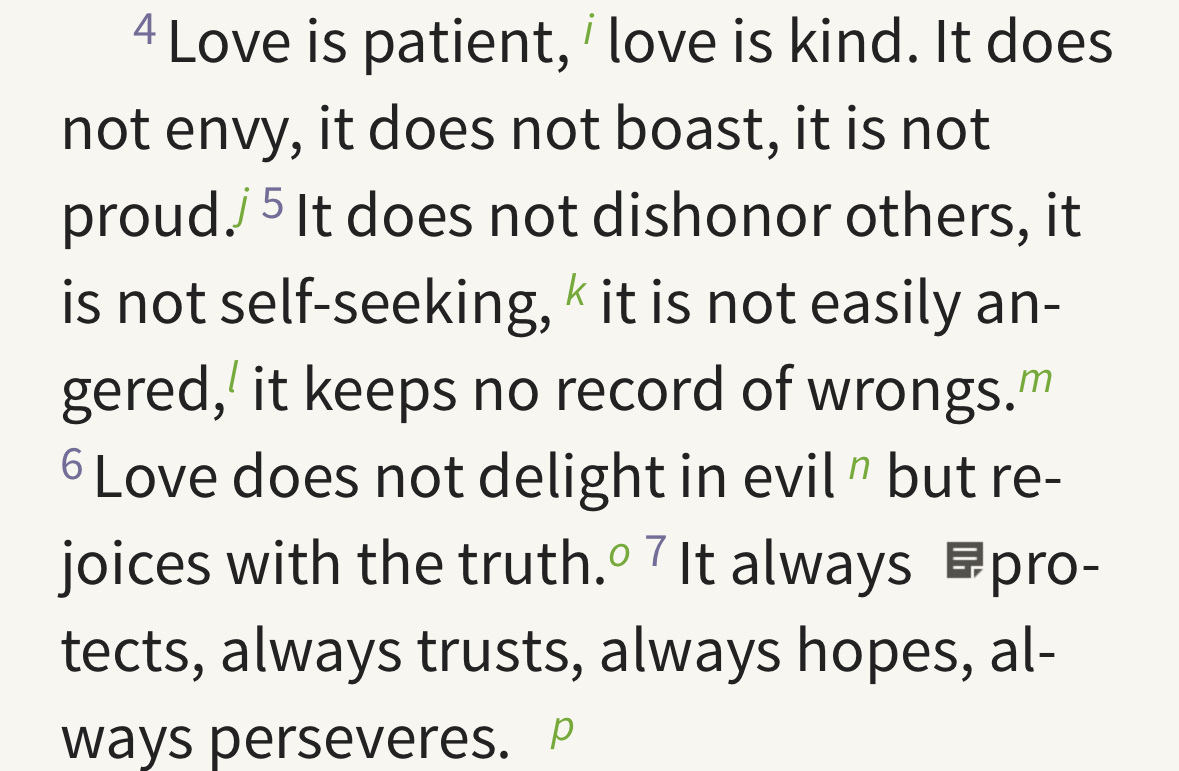Good morning! I hope you have fun today. Just go out and do something that brings you joy! Today, I get to hang out with my guy, Andy doing a binge of Kenobi. #MorningMug

Good morning! I hope you have fun today. Just go out and do something that brings you joy! Today, I get to hang out with my guy, Andy doing a binge of Kenobi. #MorningMug

Celebrating 12 years in Ypsi by bringing Amy to the Wurst Bar for the first time.
(Sadly, they don’t have the marshmallow dip for the sweet potato tots anymore 😞)


Today’s lift is done! It was tough. But it is done! #Discipline2025

Good morning! Clear that to-do off your list that is causing you stress so you can enjoy the weekend. #MorningMug

Leg day, worst day. #Discipline2025

Good morning! May you persist today. #MorningMug

As I sit and ponder “The Cross” today in preparation for my message on Sunday, I was reminded again that 1 Corinthians 13 needs to be a grounding text for Christians. It is the practical outworking of what it means to live a “cruciform” life.

Workout done. #Discipline2025

Good morning! May grace and mercy be yours today. #MorningMug

Amy and I sure had a great time yesterday afternoon with these amazing friends!

Good morning! May you experience relationship that matters today. #MorningMug

Monday lift done! #Discipline2025

Good morning! May we experience deep gratitude today. #MorningMug

Good morning! May you notice the kind influence of others in your life today. #MorningMug

Good morning! May your day be one of meaningful conversations. #MorningMug
